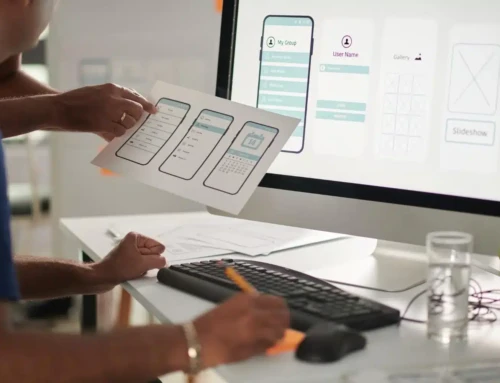Blockchain healthcare startups must drown out the noise in a sector filled with trendy catchphrases.
Blockchain technology offers the potential to streamline the supply chain, integrate fragmented health databases, and lessen payment and reimbursement inefficiencies. However, in order to secure the support required for this shift, businesses must persuade wary healthcare organizations that it is more than simply a passing fad, according to experts.
Blockchain technology enables businesses to securely transfer distributed, decentralized assets across a network. People tend to change their minds once they see the benefits of blockchain and how to use it, but this frequently requires a common objective to get things started.
This was the situation when Aetna, Humana, MultiPlan, Quest Diagnostics, and UnitedHealth Group founded the Synaptic Health Alliance in 2018. The collaboration aimed to update provider data in health plan directories using blockchain technology. To synchronize directory information among the many insurers, Synaptic offers a secure infrastructure.
What began as a pilot initiative has grown in size over the past four years from a small rollout in Texas to full operation in Colorado, Florida, Michigan, and New York. According to Kyle Culver, a co-founder of Syanptic Health Alliance, the business intends to go nationwide by the end of the year.
Blockchain enables us to address the ownership issue by decentralizing the dataset. We can make this a community asset and then look into reward structures that are fair and sustainable for everyone.
Insurers squander more than $2 billion handling provider records, with roughly 80% of the data being redundant. Over 18 months, over half of the data remains untouched. Insurers needed a more effective method of information sharing so that when one received an update, it could be distributed to the others. A CMS examination found that more than 50% of provider directory locations had at least one error.
It was the perfect use case for blockchain since there was a financial incentive to alter the data and it was a shared asset held by the community. But that’s difficult to come by in other healthcare settings. Rarely does the industry adopt a new technology first. People will need some time to gain more familiarity with these use cases before working together on other systemic issues.
The potential as well as potential barriers
The opportunity is clear. One instance is the debut of ProCredEx, a platform for clinician credentialing.
The previous method was analog and 20 years old. It was totally illogical. And this is a topic that greatly affects price and accessibility.
During COVID, the need for more effective supply chain management within health systems became clear. Launching blockchain businesses targeted at workforce and supply chain shortages is necessary. It’s ideal for blockchain since it’s not a challenge that any one company can handle by itself. Managing supplies is a team sport.
Over the past five years, the interest wave has changed. “Fair-weather buddies” who want to use the industry for the wrong purposes are a problem for the sector. This has caused a lot of technological skeptics, particularly in the healthcare industry.
The process of just bringing the community together to work on blockchain-specific projects is difficult in the healthcare industry. Not everyone is eager to work together to achieve a common objective. The answer is more important than the technology itself.
Blockchain users need to work out how to make it usable for patients, healthcare organizations, insurance providers, big pharma, and other prospective adopters. The advantages of blockchain technology over existing solutions for healthcare organizations must be made explicit by blockchain enterprises.
Although it requires some education, we hardly ever bring up blockchain when discussing this value. To describe what blockchain accomplishes, we might discuss its characteristics, but we shouldn’t reveal the existence of our own blockchain platform.
Contact Seattle Software Developers today to discuss your next project with a blockchain developer.





